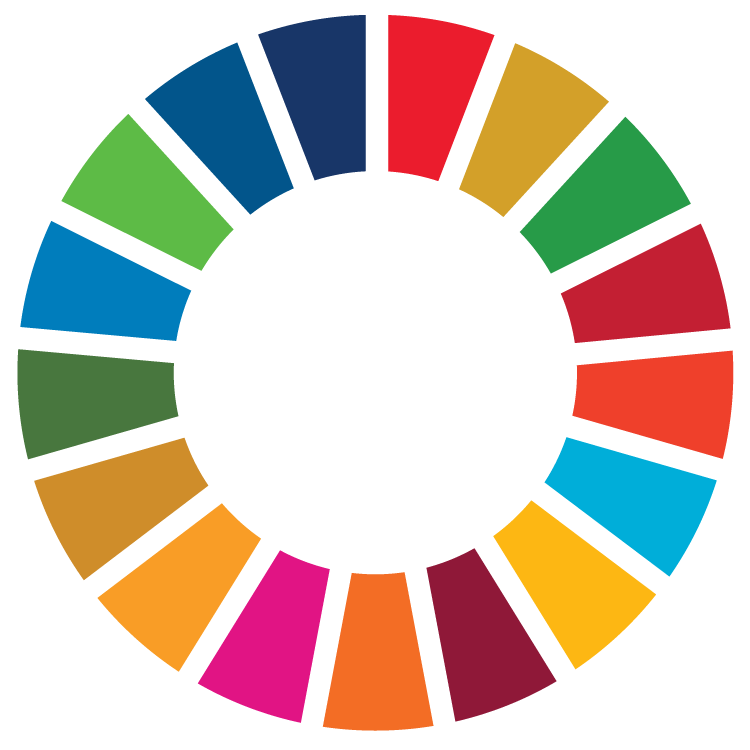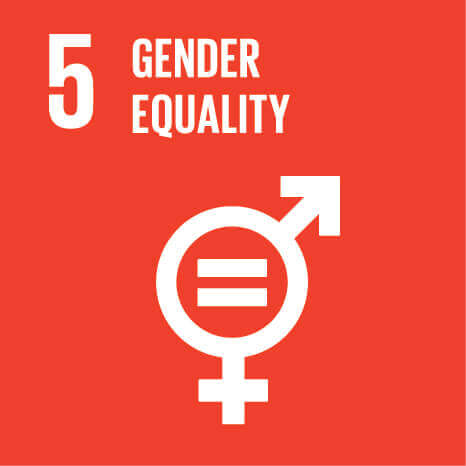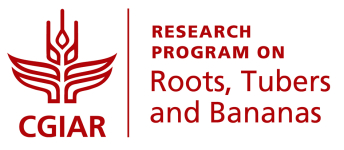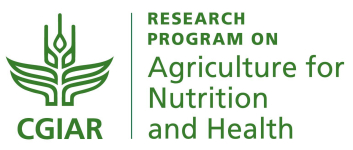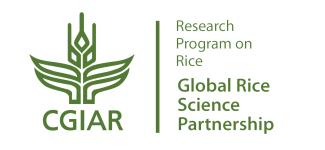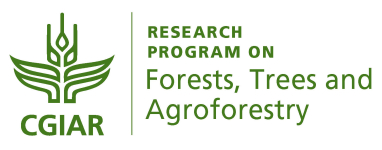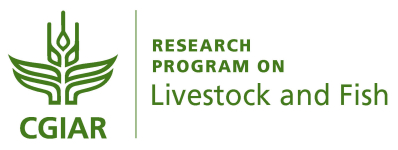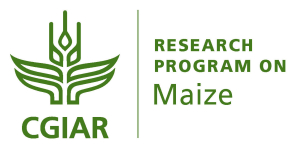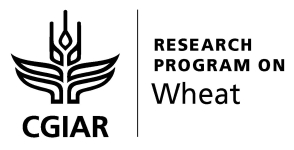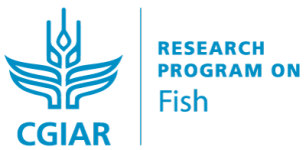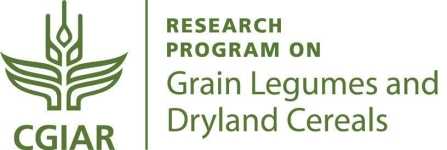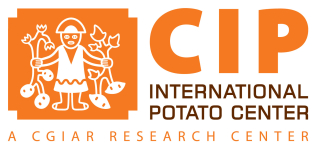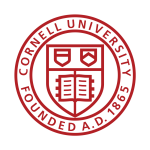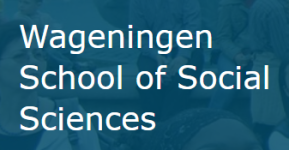FAO-IFAD-WFP awarded GENNOVATE among the 15 best practices for gender transformative approaches for food security, nutrition and sustainable agriculture following its validation with 7,500 participants
Published on: March 28, 2021, Submitted by Nozomi Kawarazuka on: February 16, 2021, Reporting year: 2020
This award is influential and brings meaningful impacts on SDG 5 "Gender equality" through the dissemination of GENNOVATE approaches to academic, donors and development organizations. The GENNOVATE methods have been employed by 43 universities in 19 countries, including Bangladesh, Pakistan, Indonesia, Nepal, Ethiopia, Nigeria, Uganda and Mexico. GENNOVATE has been used by Ph.D students and practitioners and insights have informed CRP strategies and one CGIAR initiatives towards equitable and inclusive approaches to agricultural innovation.
GENNOVATE logo
GENNOVATE is a community of practice within the CGIAR Collaborative Platform for Gender Research. A global comparative research initiative, GENNOVATE addresses the question of how gender norms and agency influence men, women, and youth to adopt innovation in agriculture and natural resource management (NRM). Carried out across 137 rural communities in 26 countries, this qualitative comparative study aims to provide authoritative “bottom-up” research to advance gender-transformative approaches and catalyze change in international agricultural and NRM research for development.
In discussion groups and individual interviews, more than 7,500 rural study participants of different socioeconomic backgrounds and age groups reflect on and compare local women’s and men’s expected roles and behaviors — or gender norms — and how these social rules affect their ability to access, adopt, adapt, and benefit from innovations in agricultural and natural resource management.
GENNOVATE’s qualitative comparative methodology and large sample mark a first in the CGIAR, as well as the collaboration of principal investigators (PIs) from eight Phase II CGIAR Research Programs (CRPs) worldwide. The initiative’s broad-based and inclusive research process strives to give rural women and men a voice by providing authoritative, contextually grounded evidence on how gender interacts with agricultural innovations and strengthens CRP capacities to know the target beneficiaries, design for them, and be accountable to them.
The GENNOVATE methods have been employed by 43 universities in 19 countries, including Bangladesh, Pakistan, Indonesia, Nepal, Ethiopia, Nigeria, Uganda, and Mexico. Currently, there are 5 Ph.D. students and 3 Master's students in the Netherlands and Mexico. The uptake of GENNOVATE among students will certainly help increase the capacity of future researchers and strengthen interdisciplinary collaboration between CGIAR and partners.
In 2020, GENNOVATE was awarded the FAO-IFAD-WFP 15 best practices for gender transformative approaches for food security, nutrition, and sustainable agriculture good practice(FAO, 2020, Elias and Badstue, 2020). It was also cited in IFAD as a good practice in youth research. The recognition of GENNOVATE in leading international agricultural organizations will increase the likelihood of adopting the GENNOVATE methods in the wider development and research communities, promising to influence decision-makers towards policy change in the near future.
There are also case study/illustrative examples (e.g. Stanford University Gendered Innovations, Discussion paper for the European Commission, The Royal Tropical Institute, EU-Gender SMART, and the UN ALIGN community of practice); and cross-referenced by important organizations or donor agencies (e.g. FAO and ACIAR).
So far, 27 peer-reviewed publications, 16 research reports, and 16 tools have been published (see website). There are also 7 multimedia resources and 33 news. Google search shows 15,100 results including 183 relevant pages in Google Scholar.
Furthermore, GENNOVATE has been taken up by individual gender researchers across CGIAR centers beyond the initial six CRPs who had participated in the project. This proves that the diagnostic qualitative gender methods were well adopted, informing agricultural research in CGIAR. As indicated in the 2017 CGIAR-IEA assessment and related documents, GENNOVATE addressed a gap in gender research in the CGIAR while also contributing to highlight the importance of supporting research on gender relations and intersectional issues.
Stage of Maturity and Sphere of influence
-
Stage of Maturity: Stage 1
-
Contributions in sphere of influence:
3.2.1 - More productive and equitable management of natural resources
B.1.1 - Gender-equitable control of productive assets and resources
Acknowledgement
The project received generous funding support from CGIAR Trust Fund Donors, the CRPs, the CGIAR Gender and Agricultural Research Network, the World Bank, the Bill & Melinda Gates Foundation, and the governments of Germany and Mexico. We acknowledge Diana Lopez Ramirez from Wageningen University & Research (WUR) who collected all data on the impact of GENNOVATE as part of her Ph.D. thesis (in progress) “Towards a genuine commitment to gender equality in agriculture: the case of GENNOVATE”.
Projects
-
GENNOVATE: understanding and addressing gender norms as barriers to adoption at scale

